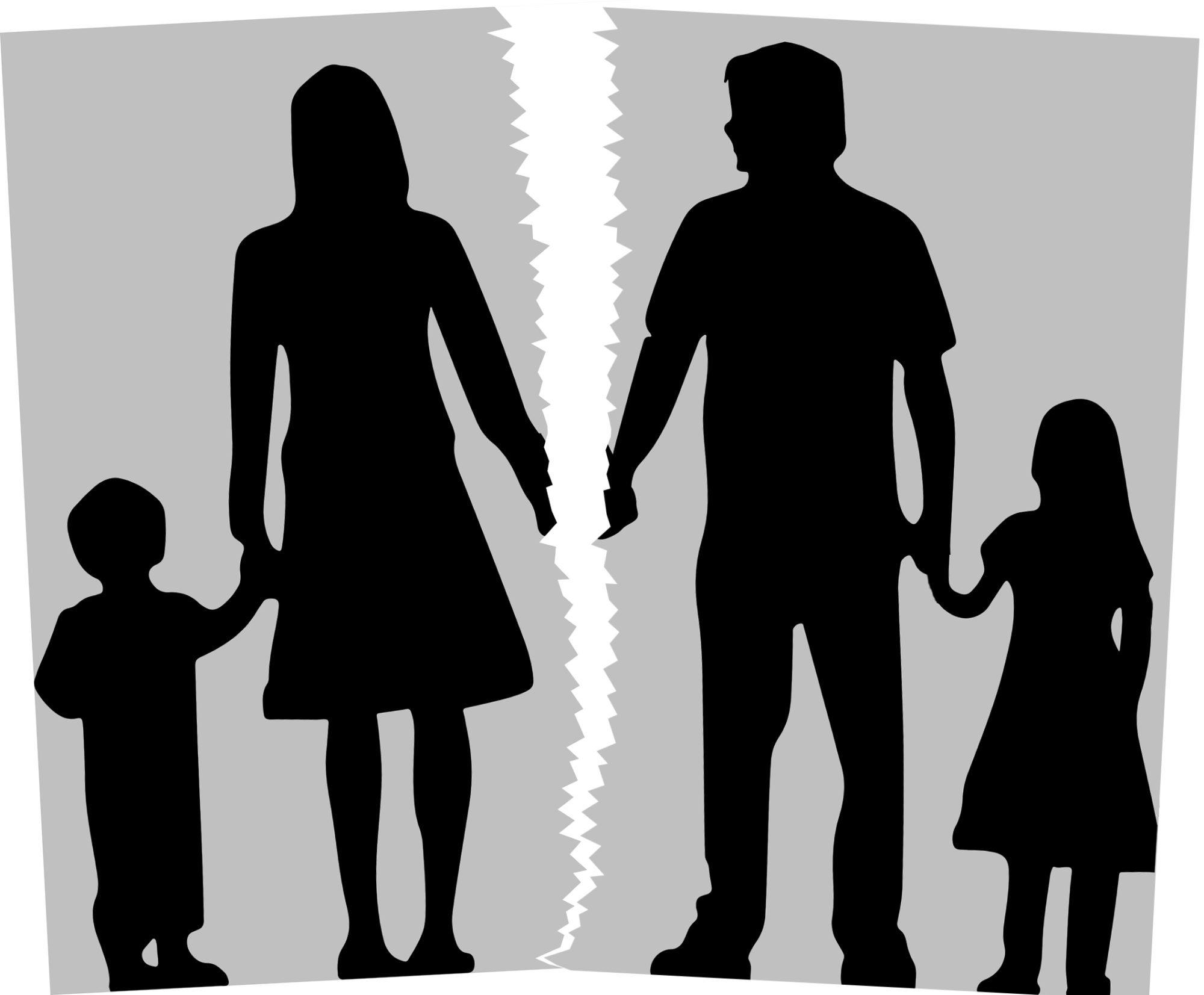Going through a divorce is similar to experiencing the grief of death. Splitting assets and trying to figure out how to move on with your life make divorces painful enough. But having children involved makes it near unbearable. Is there any way to ease the stress of child custody in a divorce? Yes. Understanding the potential outcomes and obstacles of divorce can help ease the transition of child custody. If you or a loved one is experiencing a divorce, here’s the brief guide to understanding the different types of child custody that exist today.
What Are the Types of Child Custody?
There are four main types of court custody, and each has pros and cons, depending on the parental situation. The four types of child custody are physical custody, legal custody, sole custody, and joint custody.
Physical Custody
The court awards physical custody to whichever parent who will take care of the child daily. Physical custody primarily refers to where the child will live after the divorce. Parents who receive physical custody rights have the right to request the child live in their home.
In most cases, the parent who does not receive physical custody receives legal custody (visitation rights). Typical arrangements grant the non-custodial parent visitation rights for alternating holidays, weekends, and depending on the non-custodial parent’s location, summer vacations.
Legal Custody
Legal custody parents the legal right to decide aspects of the child’s well-being. Parents with legal custody can have a say in decisions such as education, medical care, religious affiliation, etc.
Most cases award legal custody to both parents unless one of the parents is deemed unfit. Parents can be declared unfit due to histories of drug abuse, domestic violence, or neglect. The reason to revoke legal custody is for the child’s best interests.
Sole Custody
If a parent has sole custody, they are the exclusive party responsible for the child’s decisions such as schooling, medicare, and housing. In these cases, the sole custody parent does not have to consider the input of the other parent.
Most courts do not prefer awarding sole custody because they believe a joint custody household is best for children. Sole custody is only granted if the other parent has a history of drugs, violence, or neglect.
Joint Custody
Joint custody is a settlement in which both parents have an equal say in the child’s upbringing. The two parents split holidays, summer vacations, and make decisions for the child together.
What Determines Who Gets Custody In a Divorce Case?
Many factors go into the court’s decision of parental custody. The primary concern is the child’s well-being. The court also considers the most stable environment for the child or whether there are any parental issues such as drug use or abuse.
On top of the environment and the well-being of the parents, the court considers the age and sex of the child. The child’s age and sex can play a role in deciding which environment requires the least amount of adaptation for the child.
Getting Through Divorce by Understanding Custody
Going through a divorce is a trying time for everybody involved. Making sure the kids receive the right arrangement is the most critical aspect of any divorce.
If you’re going through a divorce, get in touch with us to schedule a consultation and learn more about how we can help you navigate the child custody process.











